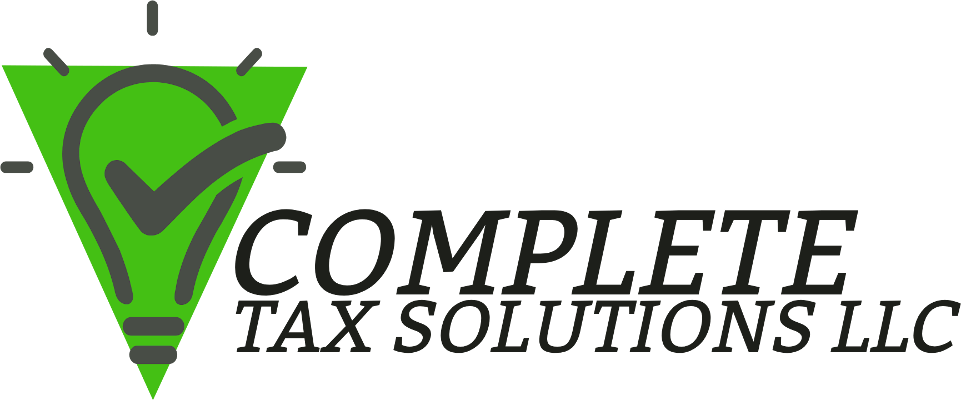If you’d like to avoid surprises next year at tax time, consider doing an end-of-summer tax update and make any tax withholding or payment updates that are necessary.
While most people get a refund after filing their taxes, many also find they unexpectedly owe taxes. This is often due to a life or job change for which they did not make the necessary tax adjustment during the year.
Those who should be especially careful are:
- Gig economy workers.
- People with a “side hustle.”
- Anyone earning income not subject to withholding.
If this sounds like you, be sure to check the amount you pay, or the amount you withheld throughout the year, and make adjustments as needed to bring the tax you pay or withhold closer to what you owe.
Here are some important things to keep in mind:
How refunds work
The federal tax system is pay-as-you-go. You should pay tax as you earn wages or receive income during the year. For many, taxes are withheld from their paycheck by their employer and then given over to the IRS on their behalf. Others, such as gig economy workers, should make quarterly estimated tax payments throughout the year to stay current. A refund normally results when too much is withheld or paid throughout the year.
Avoid an unexpected bill
On the other hand, some people end up with estimated tax penalties because they underpay throughout the year. The penalty amount varies but for some it can be several hundred dollars. Adjusting withholding on paychecks or the amount of estimated tax payments can help prevent penalties. This is especially important for self-employed people, including those in the gig economy, those with more than one job, and those with major changes in their life, like a recent marriage or a new child.
With that in mind, we encourage you to take a look at your current withholding and estimated tax payments and make adjustments as necessary to bring them into alignment with the tax you will owe. If you need help doing this, please contact our office. We would be happy to help.
